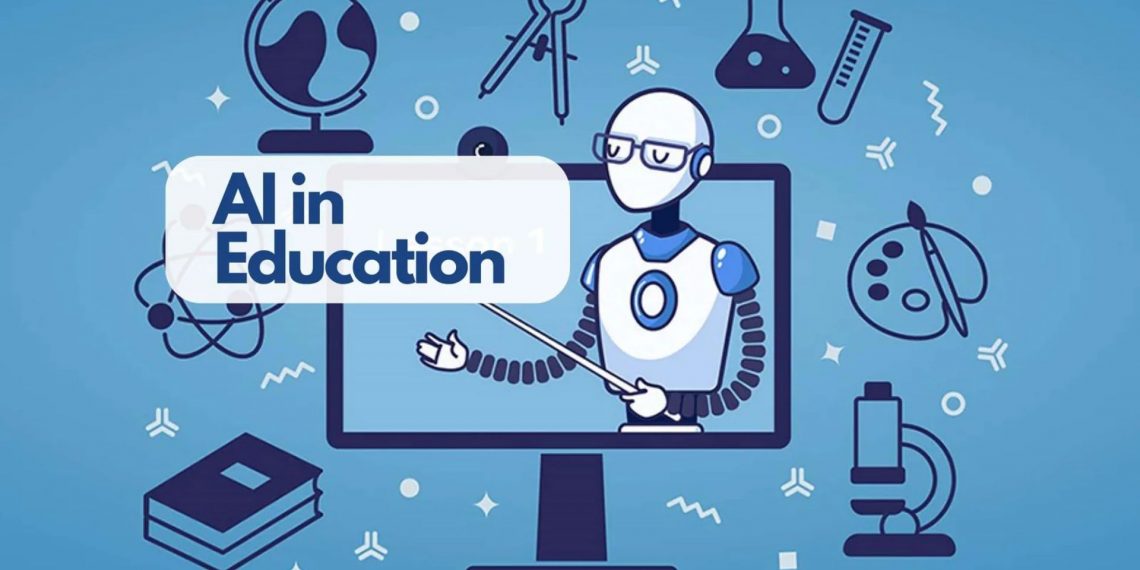The use of AI in education has become an important topic in the changing environment. Everyone is thinking about the same question as AI technology becomes more and more integrated into our daily lives: So, Is AI useful or harmful to education? In this article we will discuss the complexities of artificial intelligence (AI) in education, including its functioning, what all will be its potential advantages and concerns.
Artificial intelligence aims at replacing human intelligence by increasing the usage of AI. Artificial Intelligence helps teachers in generating automated grading systems and it also integrates a few learning platforms which are suitable for tutoring certain students like us. AI also helps to ease administrative processes and reveal the required data as per an individual’s performance. Thus, AI supporters believe that AI is best suited in providing different learning experiences as per one’s requirements.
AI platforms can evaluate large amounts of data on student behaviour, preferences, and learning patterns to customize training as per each student’s needs by utilizing machine learning algorithms. By using AI programs, students believe in getting instant feedback and assistance, thus it helps them to learn difficult subjects as per the feedback.
AI helps teachers simplify their tasks and save time by replacing manual evaluation assignments with the automated system of grading which requires less time and effort of teachers. It provides an opportunity to teachers to focus on more important tasks by assisting students and providing them with insightful feedback. It also gives teachers sufficient time to address students’ queries and doubts for better efficiency.
But even with all of its potential advantages, integrating AI into education still comes with certain worries and difficulties. Since the application of AI in education includes the collection and analysis of sensitive student data, there are justifiable worries about data security and privacy.
The worry that AI may eventually completely replace human educators presents another difficulty. Artificial intelligence (AI) can help and automate some jobs, but it is unable to replace human connection and empathy, which are essential for good teaching and learning.
To resolve these issues and fully utilize AI in education, stakeholders need to have conversations and set ethical standards for efficient usage. Ensuring transparency and accountability is crucial for guaranteeing that AI systems are impartial, equitable, and mindful of students’ privacy rights.
The development and implementation of AI in education should prioritize fairness and inclusivity by ensuring its usage availability for all students regardless of their background.
In conclusion, we can say that there are diverse opinions regarding the use of AI in education as it provides certain benefits like helping in some administrative work, or customizing instructions as per the individual’s request. Although it also has certain issues with privacy, equity and regarding the role of human educators. If cooperation and ethical considerations are met, AI can be used as a companion in the education process and would be dedicated to student-centred learning as a priority.



